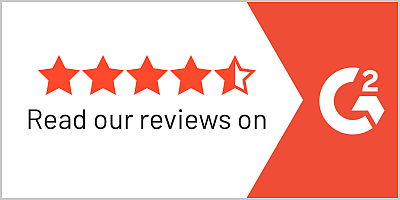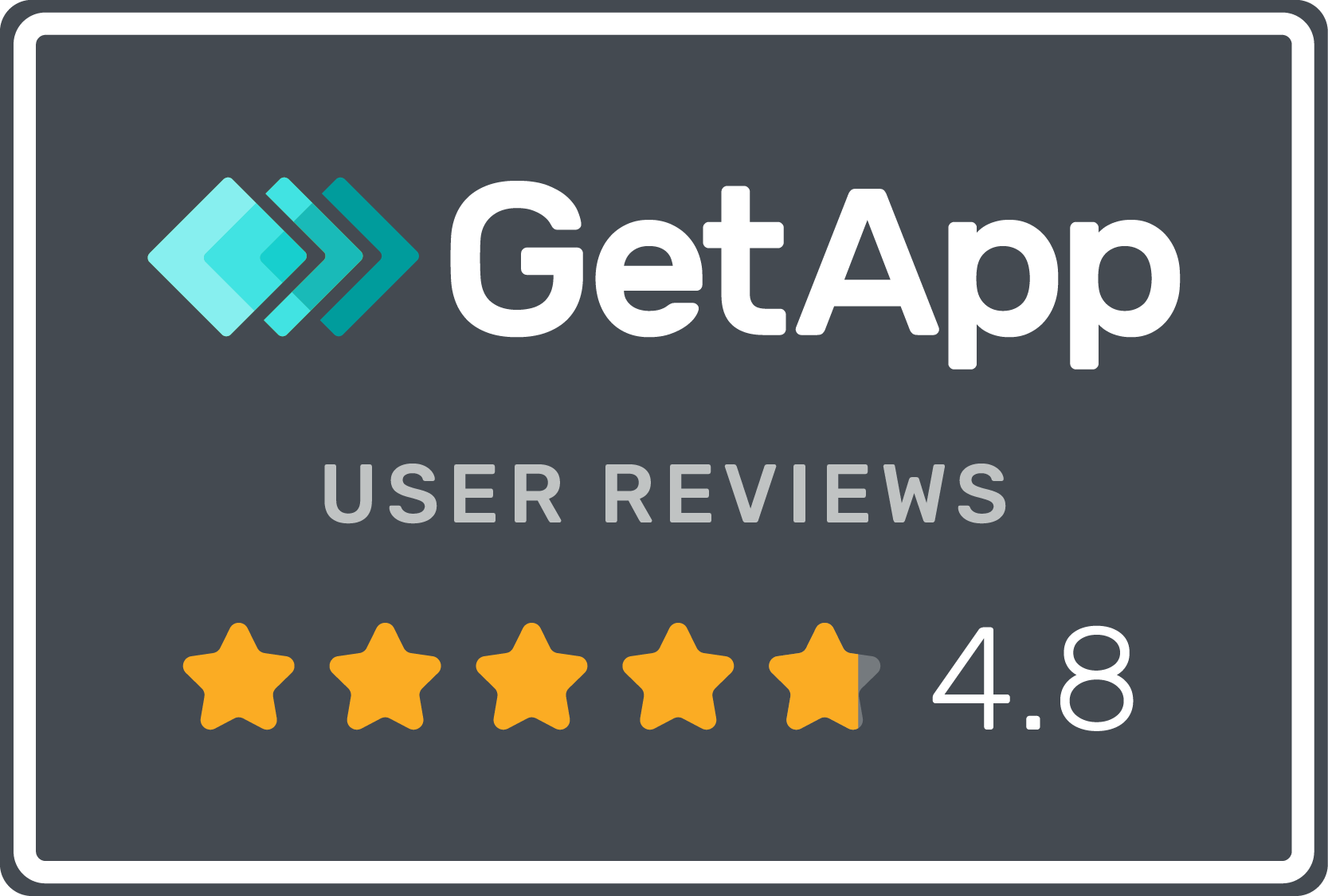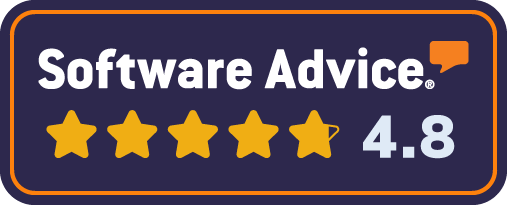50 Effective Suggestion Box Ideas You Can Start Using Today
Get the conversation started with these thought-provoking prompts...

In today's fast-paced and dynamic work environments, fostering a culture of open communication and feedback is essential for organizational success. Employee suggestion boxes are a powerful tool for gathering insights, ideas, and feedback directly from the heart of your workforce. However, crafting effective prompts for your suggestion box can sometimes be a challenge.
In this article, we delve into some examples of prompts that can inspire creativity, encourage participation, and drive positive change within your organization. Whether you're looking to improve workplace processes, enhance employee engagement, or foster innovation, the right prompts can spark meaningful conversations and generate actionable insights.
From promoting diversity and inclusion to boosting morale and productivity, we'll explore a diverse range of prompts tailored to various aspects of organizational life. Each prompt is carefully crafted to stimulate thought, encourage reflection, and prompt constructive feedback from your team members.
Let's dive in!
General Employee Feedback Prompts

General employee feedback is essential for fostering a healthy and productive workplace. It serves as a powerful tool for organizations to understand how employees perceive their roles, the company culture, and the effectiveness of policies or programs. By regularly collecting feedback, employers can identify areas for improvement, address concerns before they escalate, and make informed decisions that align with employee needs and expectations. Moreover, soliciting feedback demonstrates a commitment to employee engagement, showing that their opinions are valued and that the company is dedicated to continuous improvement. This, in turn, can lead to higher job satisfaction, increased retention, and a more positive work environment, where employees feel empowered and invested in the company’s success.
- How can we improve communication between departments?
- What new benefits or perks would you like to see offered?
- What steps can we take to promote work-life balance?
- How can we enhance employee recognition and appreciation?
- What improvements can be made to our office space or facilities?
- Do you have any ideas for streamlining processes or increasing efficiency?
- What training or development opportunities would you like to have access to?
- How can we better support diversity and inclusion in the workplace?
- What initiatives can we implement to promote sustainability and reduce our environmental footprint?
- Do you have any suggestions for improving employee morale or team spirit?
Prompts For Individuals or Managers Collecting Feedback

It’s important for both individual contributors and managers to collect feedback because it fosters a culture of continuous improvement and mutual understanding. For individual contributors, gathering feedback allows them to understand how their performance, communication, and collaboration are perceived, helping them refine their skills and grow in their roles. It also opens the door to identifying any obstacles they might be facing, whether related to workload, resources, or team dynamics. For managers, collecting feedback from their team provides critical insights into how they can improve their leadership style, address team concerns, and better support employee development. When both sides actively seek and use feedback, it creates a transparent, responsive environment where issues can be addressed proactively, leading to stronger relationships, higher productivity, and a more engaged workforce.
- What specific actions or behaviors do you appreciate most from me?
- In what ways can I better support your professional development goals?
- How would you rate the clarity and effectiveness of my communication?
- Do you feel that I provide constructive feedback and recognition in a timely manner?
- What improvements could I make to enhance team collaboration and cohesion?
- Are there any areas where you feel I could delegate more effectively?
- How well do I demonstrate empathy and understanding towards team members' challenges and concerns?
- Do you feel that I actively seek and value your input and ideas?
- What steps could I take to promote a healthy work-life balance for others?
- In what ways can I cultivate a culture of trust, transparency, and accountability within the team?
Prompts for Remote Employees

Remote employees can present unique challenges for organizations, particularly when it comes to maintaining strong communication, fostering team cohesion, and ensuring consistent engagement. Without face-to-face interactions, it can be harder to gauge employee morale, identify potential issues early, or create a sense of belonging. This is why collecting regular feedback from remote employees is crucial. It provides valuable insights into their experiences, challenges, and needs, helping management understand areas where support or improvement may be necessary. Feedback allows companies to make data-driven decisions on how to enhance remote work processes, optimize collaboration tools, and create an inclusive, supportive environment that keeps employees motivated and connected, regardless of their physical location.
- How can we enhance virtual team collaboration and communication?
- Share your ideas for improving work-life balance while working remotely.
- What tools or technologies would streamline remote work processes?
- How can we maintain a strong sense of team morale and connection virtually?
- Share your suggestions for fostering better mental health support for remote workers.
- What training or resources would help you excel in your remote role?
- How can we create more opportunities for virtual team-building activities?
- Share your feedback on remote work policies and procedures.
- What initiatives could we implement to promote a healthier work-from-home environment?
- How can we ensure equitable opportunities for career growth and development for remote employees?
Prompts to Collect Whistleblower Tips
Collecting whistleblowing employee feedback is critical because it provides a crucial safeguard against unethical practices, misconduct, and violations of company policies or laws that may otherwise go unnoticed. Whistleblowers often have unique insights into behaviors or situations that could harm the organization, its employees, or its stakeholders, but may fear retaliation or negative consequences for speaking up. By creating a safe, anonymous, and accessible avenue for whistleblowing feedback, companies can uncover problems early and take appropriate action to address them before they escalate. This not only helps protect the company’s reputation and legal standing but also promotes a culture of integrity, transparency, and accountability, where employees feel empowered to report concerns without fear of retribution. In the long term, fostering an environment where whistleblowing is encouraged and valued can contribute to a healthier, more ethical workplace.
- Have you witnessed or suspect any unethical behavior within the organization? Please provide details.
- Do you have concerns about compliance with company policies or legal regulations? Share your observations.
- Are there any instances of fraud or financial misconduct that you would like to report? Your anonymity will be protected.
- Have you experienced or observed any workplace harassment or discrimination? Your voice matters.
- Do you have information about any conflicts of interest that may be affecting the organization's integrity? Please provide details.
- Have you noticed any misuse of company resources or assets? Your confidential report will be thoroughly investigated.
- Do you have concerns about safety hazards or environmental violations in the workplace? Your input is crucial for maintaining a safe environment.
- Are there any instances of retaliation or reprisal against employees who speak up? Your anonymity is guaranteed, and retaliation will not be tolerated.
- Do you have suggestions for improving our whistleblower reporting process? We value your feedback.
- Is there anything else you believe the organization should be aware of regarding misconduct or wrongdoing? Your courage in speaking up makes a difference.
Fun Icebreaker Prompts
Anonymous icebreaker feedback can be a fun and engaging way to foster a sense of connection and openness within the team. When employees feel free to share their thoughts, ideas, and preferences without the pressure of identification, it often leads to more honest, creative, and humorous responses. Icebreaker questions—ranging from lighthearted topics like favorite movies to more thought-provoking inquiries about personal passions—can help uncover shared interests, spark conversations, and break down barriers between colleagues. This type of feedback encourages a relaxed atmosphere where employees can reveal aspects of their personality outside of their professional roles, strengthening team bonds and promoting a positive workplace culture. Plus, using the feedback to shape team-building activities or events can make the whole process feel more interactive and enjoyable, adding an element of surprise and fun to the workday.
- If you could have any superpower, what would it be and why?
- What's your favorite way to relax after a long day?
- Share one thing on your bucket list that you're determined to accomplish.
- If you could travel anywhere in the world right now, where would you go?
- What's the most adventurous thing you've ever done?
- If you could swap lives with any fictional character for a day, who would it be?
- What's the best piece of advice you've ever received?
- If you were stranded on a desert island, what three things would you want to have with you?
- What's your favorite thing about your job or your role?
- Who was your favorite childhood cartoon character?
How Can These Suggestion Box Ideas Help Your Organization?
Employee feedback is a crucial tool for organizational growth as it provides valuable insights into employee satisfaction, engagement, and overall workplace culture. When organizations actively seek and listen to feedback, they can identify areas for improvement, from leadership effectiveness to operational inefficiencies. Regular feedback helps leaders understand employees' concerns and needs, enabling them to implement targeted solutions that improve morale, productivity, and retention. By fostering a culture of open communication, organizations show employees that their opinions matter, which can enhance job satisfaction and commitment to organizational goals.
Moreover, employee feedback can be instrumental in driving innovation and continuous improvement. When employees share their perspectives on processes, tools, and workflows, they often offer creative solutions that management might overlook. This grassroots-level input can help organizations adapt more quickly to market changes, optimize operations, and stay competitive. Feedback also empowers employees, giving them a sense of ownership and involvement in shaping the future of the company. As a result, organizations that actively embrace feedback not only build stronger, more responsive teams but also position themselves for long-term success in an ever-changing business environment.
Final Thoughts
Incorporating a suggestion box into your organization's feedback strategy is a powerful step towards fostering transparency, innovation, and employee engagement. By offering diverse and thought-provoking prompts, you can unlock valuable insights and ideas from your team members, driving positive change within your organization.
To further enhance the effectiveness of your feedback initiatives, consider leveraging advanced tools like Incogneato. With its anonymous feedback platform, Incogneato empowers individuals to share their thoughts and concerns openly, without fear of judgment or repercussion. Try Incogneato for free today and experience firsthand the transformative impact of anonymous feedback in creating a culture of openness, trust, and continuous improvement within your organization. Embrace the power of feedback and watch as your organization thrives in the journey towards success.


